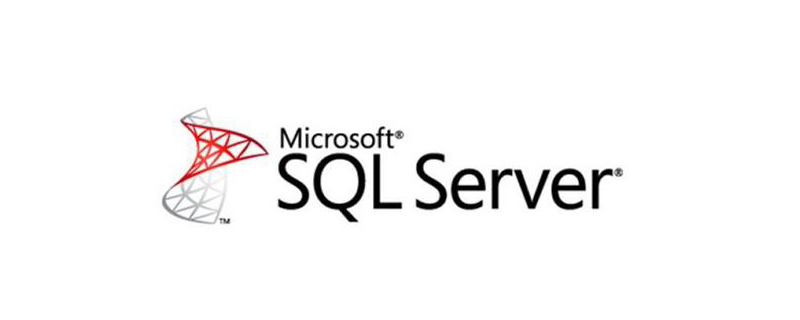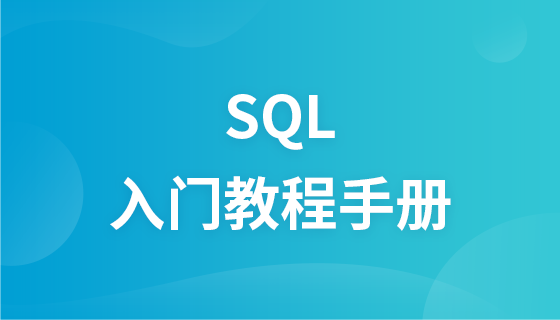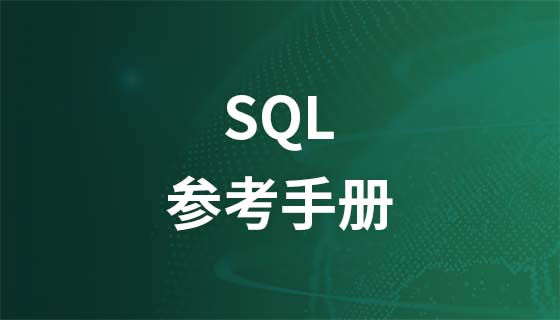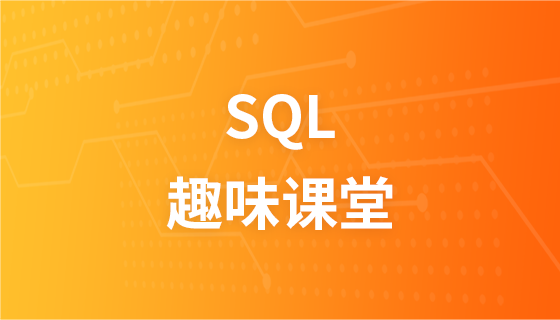
sql server instance refers to the sql server engine. Each database engine instance has a system or user database that is not shared by other instances. Instances are divided into default instances and named instances. There is at most one default instance on a computer. .

SQL instance
The so-called SQL instance is actually a SQL server engine, and each SQL Server database engine instance has its own set System and user databases that are not shared by other instances.
On a computer, multiple SQL SERVERs can be installed, and each SQL SERVER can be understood as an instance.
Instances are divided into "default instance" and "named instance". If you install the first SQLSERVER on a computer and keep the naming settings as default, then this instance will be the default instance.
There is at most one default instance on a computer, or there may be no default instance. The default instance name is the same as the computer name. The computer name can be modified, but the modification will have no effect on the default instance. That is, the default instance changes with the change of the computer name. Therefore, the name of the default instance is the same as the computer name, rather than being called " local", but generally, if you want to access the default SQL server instance on this machine, you can use the computer name, (local), localhost, 127.0.0.1, ., and the local IP address to achieve the same purpose. But if you want to access a non-native SQL server, you must use the computer/instance name method.
How to check the number of sql instances
(1) Select Run in the start menu, enter services.msc, and press Enter
(2) In the service list, find the one starting with MSSQLSERVER. There are several, that is, several instances.
The above is the detailed content of What is a sql server instance?. For more information, please follow other related articles on the PHP Chinese website!
 How to restore normal printing when the printer is offline
How to restore normal printing when the printer is offline
 Which is more difficult, c language or python?
Which is more difficult, c language or python?
 What is the difference between php5 and php7
What is the difference between php5 and php7
 How pycharm runs python files
How pycharm runs python files
 What should I do if my QQ account is stolen?
What should I do if my QQ account is stolen?
 Window.setInterval() method
Window.setInterval() method
 The role of server network card
The role of server network card
 How to convert html files to pdf files
How to convert html files to pdf files


